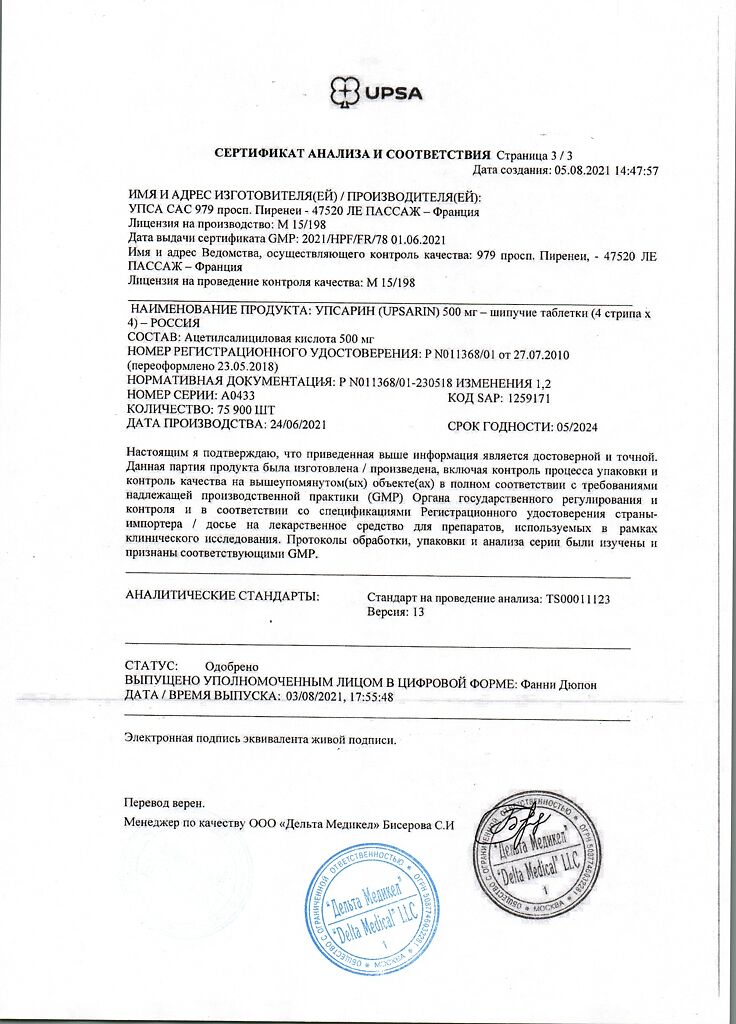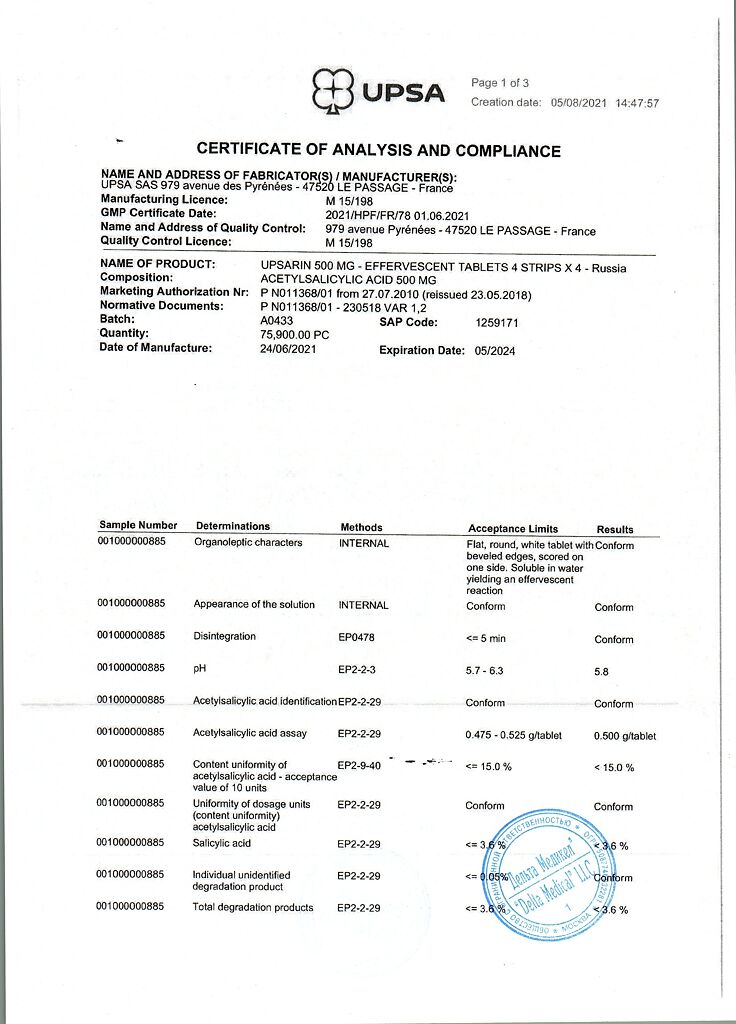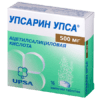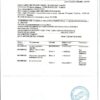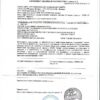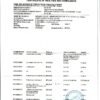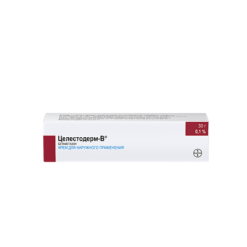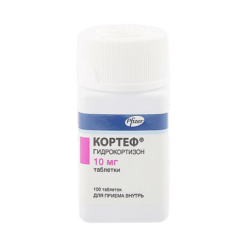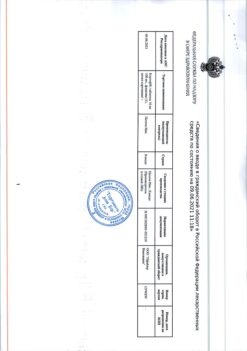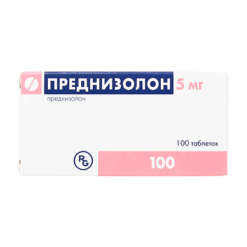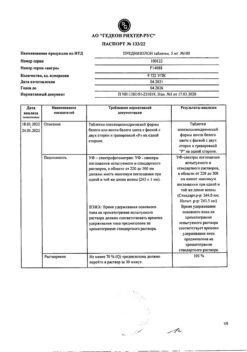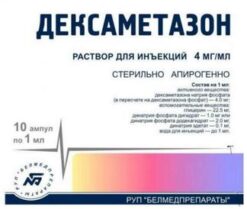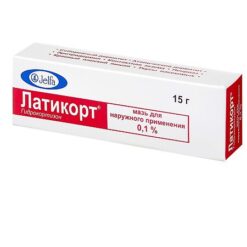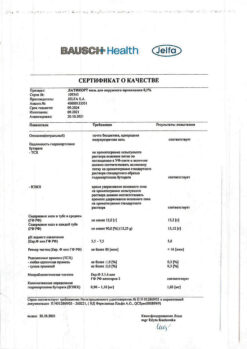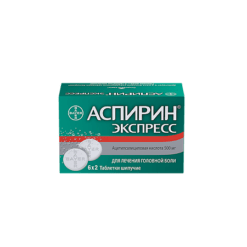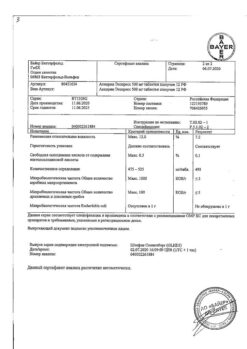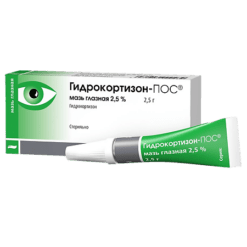No products in the cart.
Upsarin Upsa, 500 mg 16 pcs
€9.48 €8.00
Description
Pharmacological action – analgesic, antiaggregative, antipyretic, anti-inflammatory.
Non-steroidal anti-inflammatory drug (NSAID).
It has anti-inflammatory, analgesic and antipyretic effects associated with inhibition of cyclooxygenase 1 and 2, which regulates prostaglandin synthesis.
Decreases platelet aggregation, platelet adhesiveness and thrombosis by inhibiting the synthesis of thromboxane A 2 in platelets.
The anti-aggregation effect lasts for 7 days after a single dose (more pronounced in men than in women).
The tablet of Upsarin Upsa, when dissolved in water, forms a buffer solution, which, after taking the drug, keeps the active substances in the dissolved form, preventing them in contact with the acidic environment of the stomach to go back to the insoluble form and precipitate as a solid particle on its walls.
As a result, the drug is absorbed more quickly and completely, and its better tolerability compared to conventional acetylsalicylic acid tablets.
Indications
Indications
Moderate to mild pain syndrome of different origin in adults:
High body temperature in colds and other infectious and inflammatory diseases (adults and children over 15 years).
Active ingredient
Active ingredient
Composition
Composition
1 tablet contains:
The active ingredients:
acetylsalicylic acid 500 mg
Excipients:
citric acid anhydrous,
sodium carbonate anhydrous,
sodium hydrocarbonate,
Anhydrous sodium citrate,
aspartame,
povidone,
crospovidone,
natural orange flavoring.
How to take, the dosage
How to take, the dosage
The drug is intended for adults and children over 15 years of age.
Take orally.
How to use: dissolve the tablet/tablet in a glass (200 ml) of water or juice.
Frequency and timing of administration: The interval between doses should be at least 4 hours.
Continue regular use to avoid fevers and decrease the severity of pain.
The duration of treatment (without physician consultation) should not exceed 5 days if prescribed as an analgesic and more than 3 days as an antipyretic.
Interaction
Interaction
Acetylsalicylic acid increases the toxicity of methotrexate, the effects of opioid analgesics, other NSAIDs, oral hypoglycemic drugs, heparin, indirect anticoagulants, thrombolytics and platelet aggregation inhibitors, sulfonamides (including co-trimoxazole), triiodothyronine.
Acetylsalicylic acid reduces toxicity of uricosuric drugs (benzbromaron, sulfinpyrazone), hypotensive agents and diuretics (spironolactone, furosemide).
GCS, ethanol and ethanol-containing drugs increase the damaging effects of acetylsalicylic acid on the gastrointestinal mucosa, and increase the risk of gastrointestinal bleeding.
Acetylsalicylic acid increases the plasma concentration of digoxin, barbiturates and lithium preparations.
Antacids containing magnesium and/or aluminum hydroxide slow down and impair absorption of acetylsalicylic acid.
Special Instructions
Special Instructions
Acetylsalicylic acid reduces excretion of uric acid from the body, which may cause an acute attack of gout in predisposed patients.
With long-term use of the drug it is necessary to conduct periodic general blood tests and fecal occult blood tests, monitor the functional state of the liver.
Before a surgical procedure, in order to decrease bleeding during surgery and in the postoperative period, the drug administration should be stopped 5-7 days beforehand and the physician should be informed.
In children, medications containing acetylsalicylic acid should not be prescribed because the risk of Reye’s syndrome increases if there is a viral infection. Symptoms of Reye’s syndrome are prolonged vomiting, acute encephalopathy, and enlarged liver.
Patients on a salt-free or low-salt diet should note that each tablet of the drug contains 388.5 mg (16.9 mEq) of sodium.
Contraindications
Contraindications
Side effects
Side effects
Allergic reactions: rare – skin rash, bronchospasm, Quincke’s edema, formation on the basis of the hapten mechanism of “aspirin triad” (combination of bronchial asthma, recurrent polyposis of the nose and sinuses and intolerance to acetylsalicylic acid and pyrazolone drugs).
Digestive system disorders: rarely – nausea, vomiting, epigastric pain, diarrhea, gastro-intestinal bleeding (coffee grounds type vomiting, black tarry stools), decreased appetite, increased liver transaminase activity.
Urinary system disorders: rarely – renal dysfunction.
Hematopoietic system: rare – thrombocytopenia, anemia, leukopenia, hyperbilirubinemia.
With the blood coagulation system: rare – hemorrhagic syndrome (nose bleeding, gingival hemorrhage), increased time of blood clotting.
The drug is usually well tolerated in the recommended doses.
The patient should be cautioned to stop taking the medication immediately if any adverse reactions occur and to inform the physician.
Overdose
Overdose
Symptoms: in the initial stage of poisoning symptoms of dizziness, vomiting, CNS agitation, decreased hearing acuity, severe headache, visual disturbances, nausea, increased respiration, and later there comes respiratory failure, depression of consciousness up to coma, disorders of water-electrolyte exchange.
Treatment: induce vomiting or gastric lavage, prescribe laxatives and activated charcoal.
Treatment should be done in a specialized department.
Pregnancy use
Pregnancy use
The drug is contraindicated in I and III trimesters of pregnancy.
If it is necessary to use the drug during lactation, breastfeeding should be stopped.
Preventive use in children:
Children under 15 years of age with acute respiratory diseases caused by viral infections because of the risk of Reye syndrome (encephalopathy and acute fatty liver dystrophy with acute development of liver failure).
Similarities
Similarities
Additional information
| Shelf life | 3 years |
|---|---|
| Conditions of storage | In a dry place, at a temperature no higher than 30 °C |
| Manufacturer | UTSA SAS, France |
| Medication form | effervescent tablets |
| Brand | UTSA SAS |
Related products
Buy Upsarin Upsa, 500 mg 16 pcs with delivery to USA, UK, Europe and over 120 other countries.



